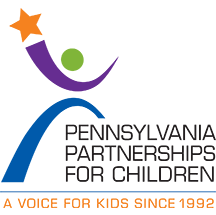On May 20, 2020, the U.S. Department of Health and Human Services (HHS) through the Health Resources and Services Administration (HRSA) provided $225 million to Rural Health Clinics (RHCs) for COVID-19 testing. These investments will support over 4,500 RHCs across the country to support COVID-19 testing efforts and expand access to testing in rural communities. Rural Health Clinics are a special designation given to health care practices in underserved rural areas by the Centers for Medicare and Medicaid Services (CMS) that help ensure access to care for rural residents.
This funding is through the Paycheck Protection Program and Health Care Enhancement Act that President Trump signed into law on Friday, April 24, 2020 which specifically directed these monies to be allocated to RHCs. HRSA funded RHC organizations based on the number of certified clinic sites they operate, providing nearly $50,000 per clinic site.
“Today’s funding provides rural health clinics with resources and flexibility to boost their testing capabilities to fight COVID-19,” said HHS Secretary Alex Azar. “Further expanding testing capacity, including at RHCs, is a crucial element of safely reopening our country and helping Americans return to work and school. A safe reopening is vital for Americans’ health and well-being, and especially so for those living in rural areas, who may have struggled with access to healthcare long before COVID-19 and found care even harder to access during this crisis.”
HRSA is also awarding $500,000 to support technical assistance efforts to the RHCs as they expand testing capabilities. This includes activities such as conducting webinars, providing resources and guidance for implementation and management of testing programs.
To view a state-by-state breakdown of this funding, visit: www.hrsa.gov/rural-health/coronavirus/…


 If you have Medicare and want to be tested for coronavirus disease 2019 (COVID-19), the Trump Administration has good news.
If you have Medicare and want to be tested for coronavirus disease 2019 (COVID-19), the Trump Administration has good news.

